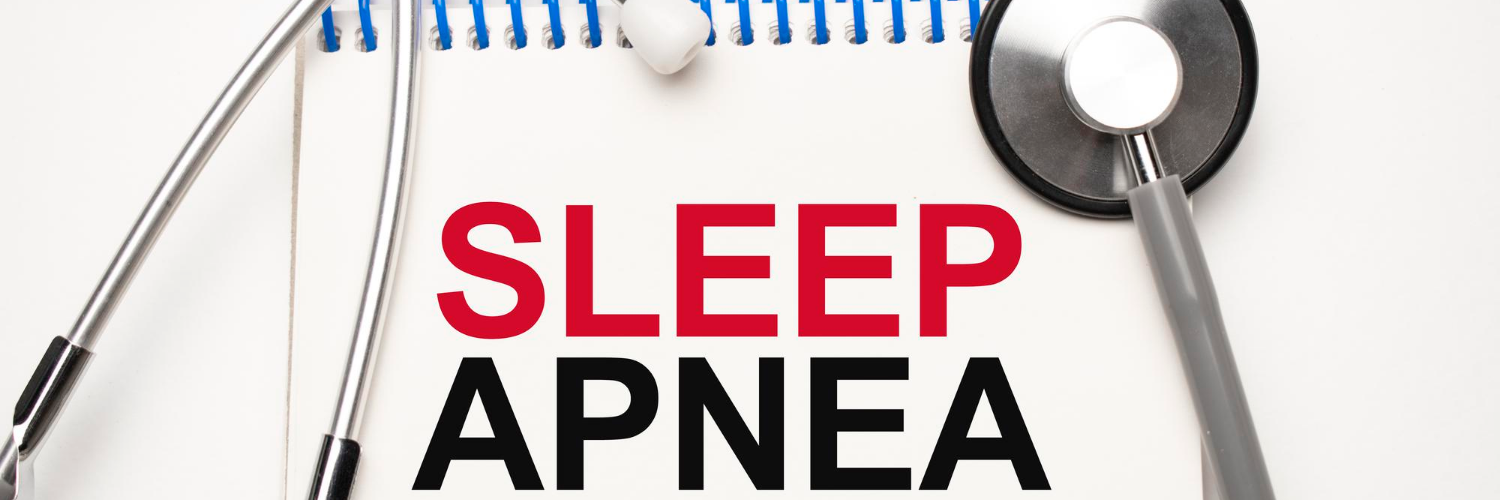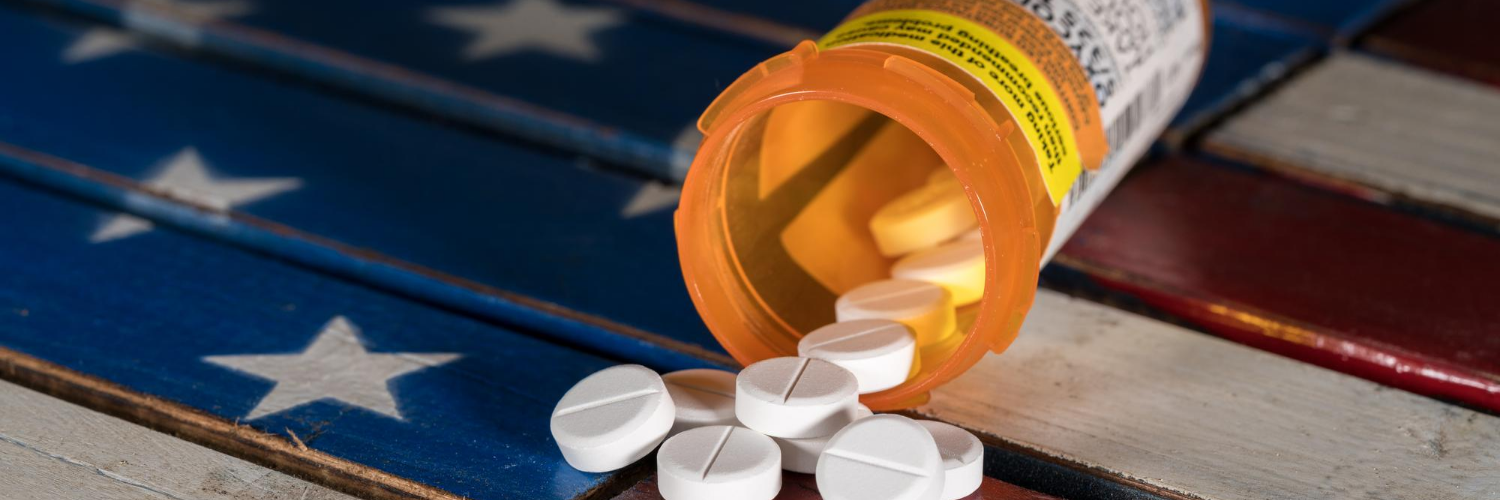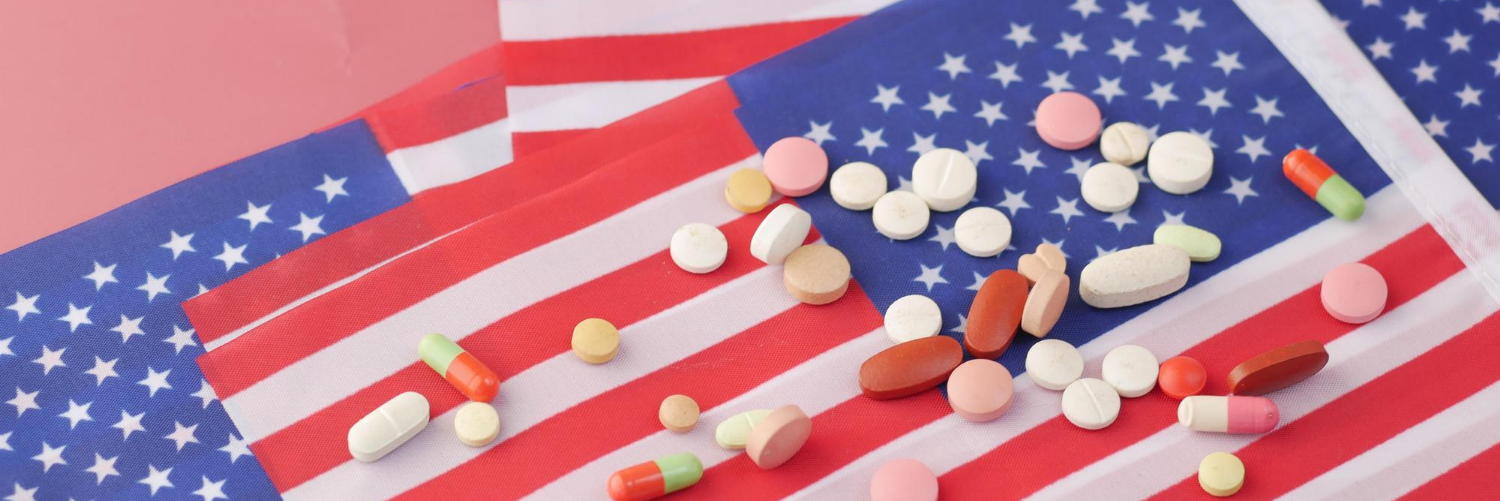Study: Low Risk On Using Philips' CPAP and BiPAP Machines

Philips has completed safety studies on several of its equipment nearly two years after first publicly raising concerns about the possible disintegration of the polyester-based polyurethane foam included in many of its CPAP and BiPAP machines and other breathing devices.
The findings, which were published by Philips and focused solely on the first generation of its DreamStation devices, which accounted for around two-thirds of the 5.5 million recalled items, show that the dissolving foam poses minor health hazards, according to the firm. The FDA has reported over 250 deaths among those affected by the recall, although none have been directly related to the devices.
The CEO of the firm stated that the corporation now has a greater knowledge of the possible health hazards than it had in early 2021. He even expressed regret that it had taken so long, but the tests required long throughput times and needed to be done carefully.
He went on to say that the management truly regrets the fear and uncertainty felt by patients, their doctors, and consumers, and that they would continue to work hard to meet their demands.
Philips performed the investigation in collaboration with five independent testing facilities, with the results assessed by Philips, outside specialists, and a panel of external medical experts. It concentrated on DreamStation devices that had not been subjected to ozone-based cleansers, which Philips claims may hasten foam dissolution.
One set of testing looked at the particulate matter emissions from the devices' deteriorated foam. It analysed a total of 181 DreamStation devices ranging in deterioration level from new to used to lab-aged.
All of the tested devices were confirmed to be in compliance with the International Organization for Standardization's maximum emission limits (ISO). According to Philips, the tests also revealed that particulate matter emissions from deteriorated foam were not statistically different from those from foam inserts that had yet to decay. Finally, in biocompatibility testing, deteriorated foam particles were determined to be unlikely to cause substantial harm to patient's health, even if a user was exposed to the maximum quantity of degraded foam in their device.
The testing methodology also examined the volatile organic compounds (VOCs) released by foam as it degraded. The authors determined that the observed VOCs posed no meaningful health risk in toxicological risk evaluations of a similar mix of new, used, and lab-aged equipment. According to Philips, exposure to the substances is not expected to have long-term health repercussions for patients.
SC To Get $242M New Opioid Settlement

The Attorney General of South Carolina has agreed to settlements with Teva, Allergan, CVS, and Walgreens for their participation in the opioid crisis.
These corporations have agreed to pay more than $17.3 billion to settle claims throughout the country over the next 15 years. According to the Attorney General's office, South Carolina's portion of the proceeds from these settlements is $242 million if all counties and qualifying cities participate fully.
In addition to the monetary recovery, CVS and Walgreens, together with Walmart, agreed on a settlement announced last month to monitor, report and exchange data regarding questionable opioid prescription behaviour.
Teva and Allergan have committed to discontinuing opioid promotion, both directly and through third-party front groups, as well as opioid-related lobbying. The corporations must also make available to the public millions of papers created during litigation.
These agreements provide counties and qualifying cities with the option to study the conditions and sign on during the first quarter of 2023.
Almost all of the settlement payments, as in earlier agreements with the three main opioid distributors and Johnson & Johnson, must be spent to slow the opioid epidemic via education, prevention, harm reduction, treatment, and recovery programmes.
According to the attorney general, the opioid crisis is the worst drug pandemic in US history, and it was developed and driven by a number of corporations. He went on to say that the country has seen a number of lives lost and families destroyed. This settlement and the reforms made by these firms will result in more South Carolinians being alive, healthy, and happy.
The attorney general estimates that with full participation by counties and qualifying cities, South Carolina will have over $600 million in money for opioid abatement over the next 15 years.
The payments are designed to provide vital help in the early years as well as long-term resources. CVS' payments will be spread over ten years, Walgreens' payments over fifteen years, Teva's payments over thirteen years, and Allergan's payments over seven years.
If enough people join up, payments will begin in the second half of 2023.
18 States Reach $5.7B Opioid Settlement With Walgreens

California Attorney General Xavier Becerra, together with 17 other state attorneys general, announced a $5.7 billion settlement deal with pharmaceutical chain Walgreens for their alleged role in the opioid crisis.
The agreement concludes a multistate lawsuit in which Walgreens was accused of fueling and profiting from the opioid addiction problem by selling narcotics without sufficient control.
The abatement money, which will be divided among participating states, have the potential to bring in more than $500 million for California's continued efforts to offer treatment and supports to individuals addicted to opioids.
According to the attorney general, this settlement is another another victory in the ongoing struggle to provide relief and healing to California communities affected by the opioid crisis.
It will be beneficial to all people suffering from drug addiction problems, as well as those in dire need of treatment and rehabilitation choices. Walgreens must also comply with court-ordered measures in order to assist avoid another substance misuse catastrophe from arising.
The business agreed to develop a programme to educate personnel about drug diversion prevention, analyse "suspect" prescriptions before issuing them, and enable site visits to pharmacy sites.
Walgreens also committed to give sales data from its distributor to medication makers, in attempts to assist detect and prevent occasions where prescription drugs are obtained illegally
Last month, Walmart also secured a multi-billion-dollar settlement deal with state attorneys general to resolve a case with identical claims.
